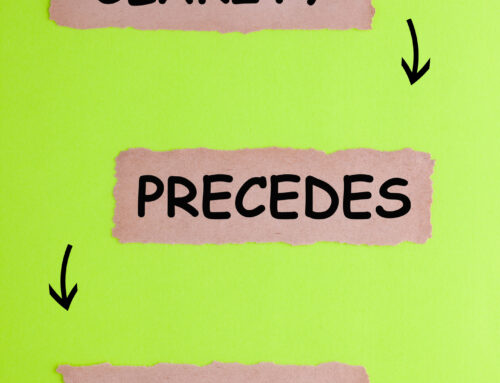Employee Retention 801- Rewards & Recognition
Shawnee Love •
May 17, 2010
Another week and another building block in your employee retention program. Last week we talked about consulting your employees on matters that affect them, and this week, I am all about recognition and rewards.
Building on last week’s topic, I want to point out that one of the most effective ways to find out how employees like to be rewarded and recognized is by consulting them. Asking them what has meaning for them ensures that you can provide something your employee values and it also has the impact of demonstrating you care what they think which is a reward in itself.
What you are saying thanks for (whether by reward or recognition) is also important. For example, I am not a fan of long service awards. I know they work in some companies and some industries, but in my humble opinion, those awards send the wrong message about the importance of longevity. I don’t think we should focus on longevity per se, but instead we should be emphasizing the fact that with longevity comes knowledge (about the company, job, industry, competitors, ways to get things done, who to go to for what, etc. and all those other things that are so critical to success in a company). And to that end, how many years someone has been around shouldn’t be the focus but rather what that employee has done with all those years (and not in the sense of the climb up the corporate ladder either). Even if the employee stays in the same job for the entire 20 + years, but during that time has trained and mentored new employees to get them up to speed in record time, or been the keeper of the company stories and is called on for describing how far the organization has come, then that employee is worth recognizing and/or rewarding.
I would argue that a major reason for our recent economic meltdown was because bankers and brokers got paid for making profits no matter how they did it. I believe that how employees accomplish their goals with consideration paid not just to the short term, but also to sustainability is the way to go for most organizations, but I will leave total rewards strategies for another day.
The best rewards are valued by the recipients. So instead of building a program around pins and clocks, consider putting a monetary valuation on the award and then letting the winners either pick what they want from a catalogue or ask the employee’s coworkers or spouse which option to choose and buying it for the recipient. Some of the best-received gifts I have seen included a gift certificate to an automotive parts store, pottery, a fully paid trip, engraved mugs celebrating a team success, and dinner at the boss’ house. These are diverse yet very meaningful rewards that had a lasting impact on the recipients.
If you think about it, often the reward for successfully completing work is… more work! Consider offering time off instead. I knew a sales manager who worked with his team to create individual and team stretch goals and then held each person in his team accountable for achieving those goals. If the sales people met their weekly goals by Thursday, he let them do what they wanted on Friday. His philosophy was that the goals set were what the employees needed to do in order to ensure the company met its sales targets. And if his employees achieved them, then he rewarded them immediately (their bonuses came later). Most of his team wanted time off, so that is what he gave them. Now you may be thinking that his team never exceeded their goals if they were always taking Friday’s off, and you would be wrong. In fact, some of his people who worked on Fridays despite meeting their goals ended up exceeding their goals and achieving larger bonuses.
Finally, even if you aren’t the touchy feely type who believes in saying “Thank you” and “Great job” as a means for retaining your employees, remember that rewards and sincere recognition incent your employees to work more, faster, further, better, etc. which has a positive relationship with your bottom line.



